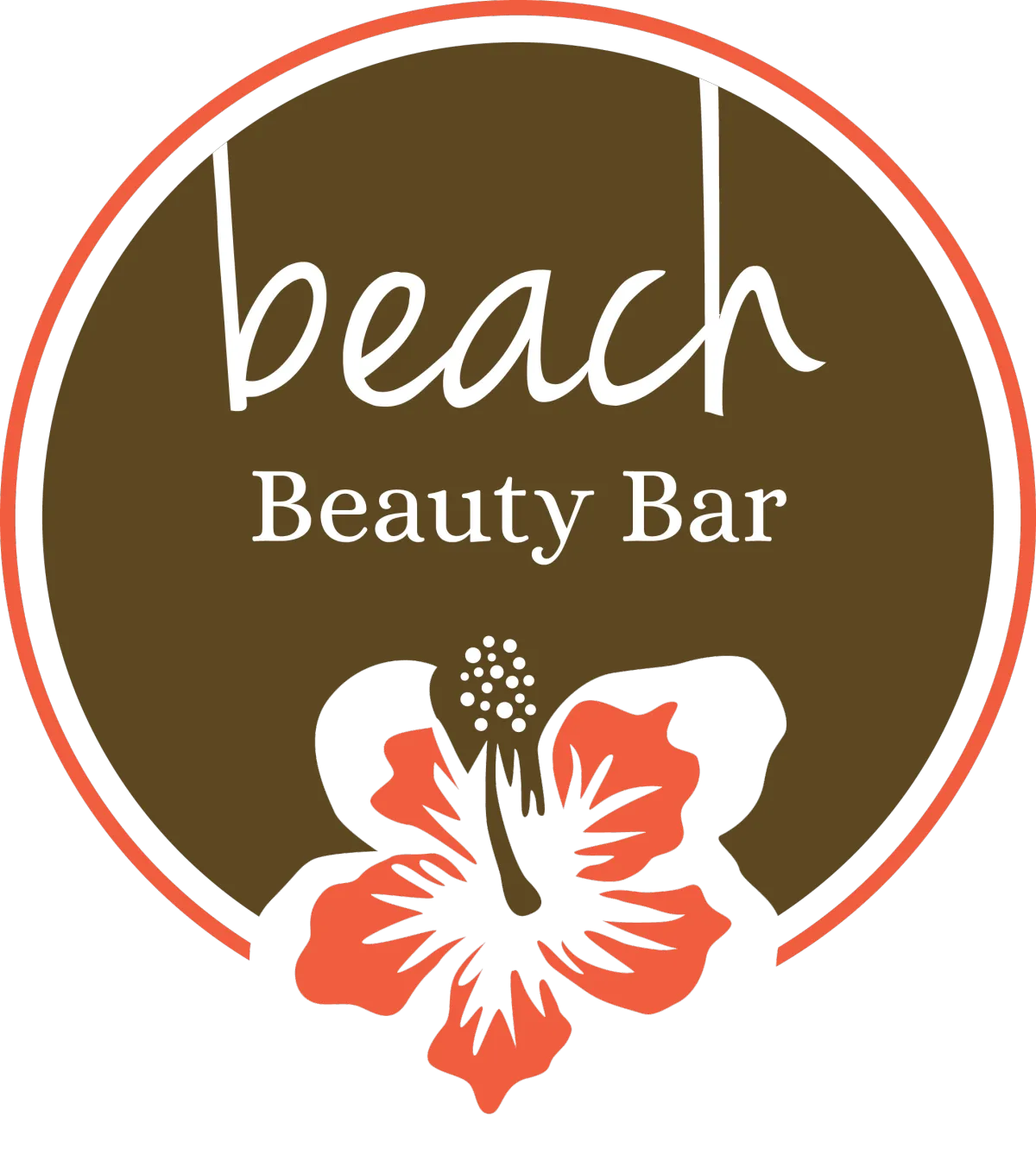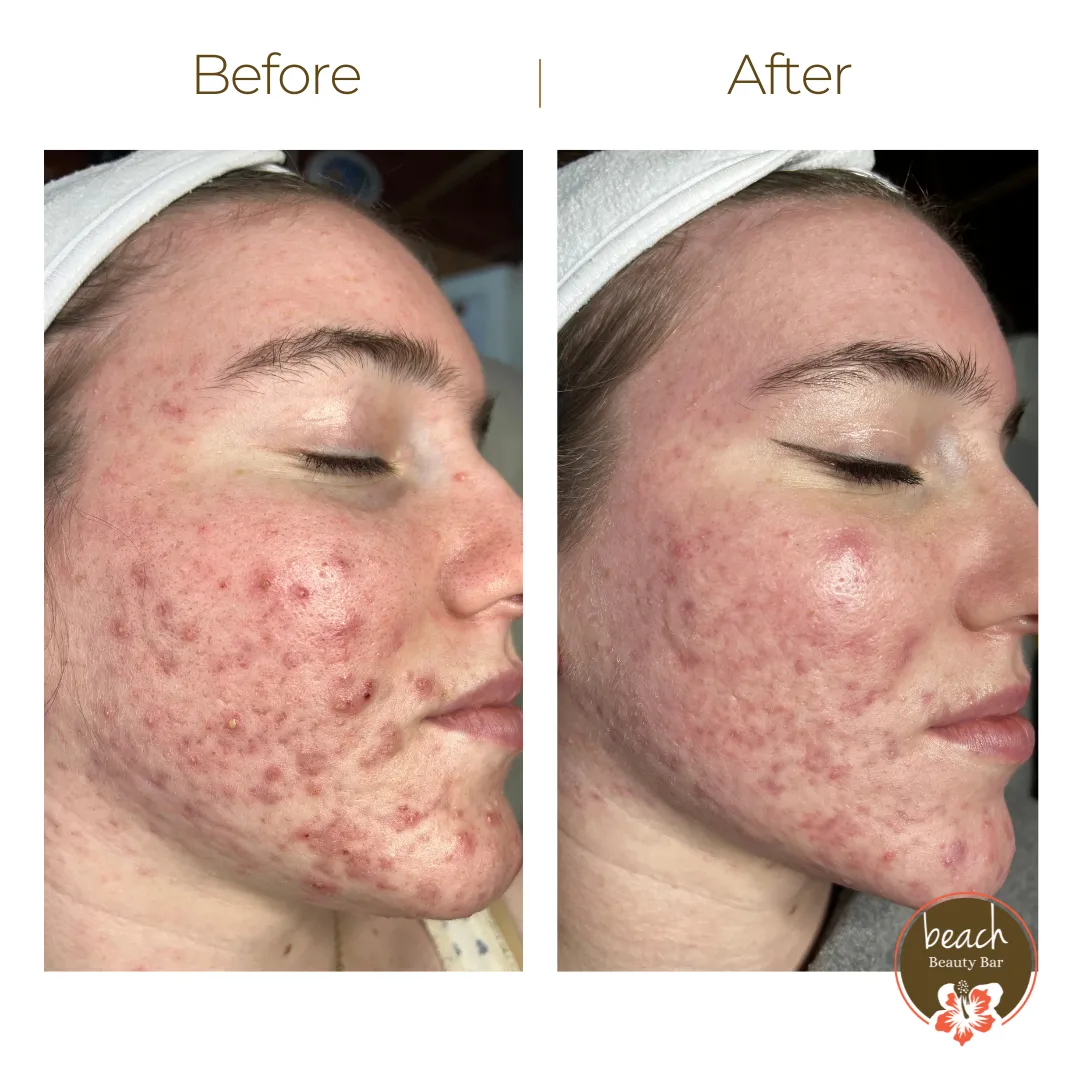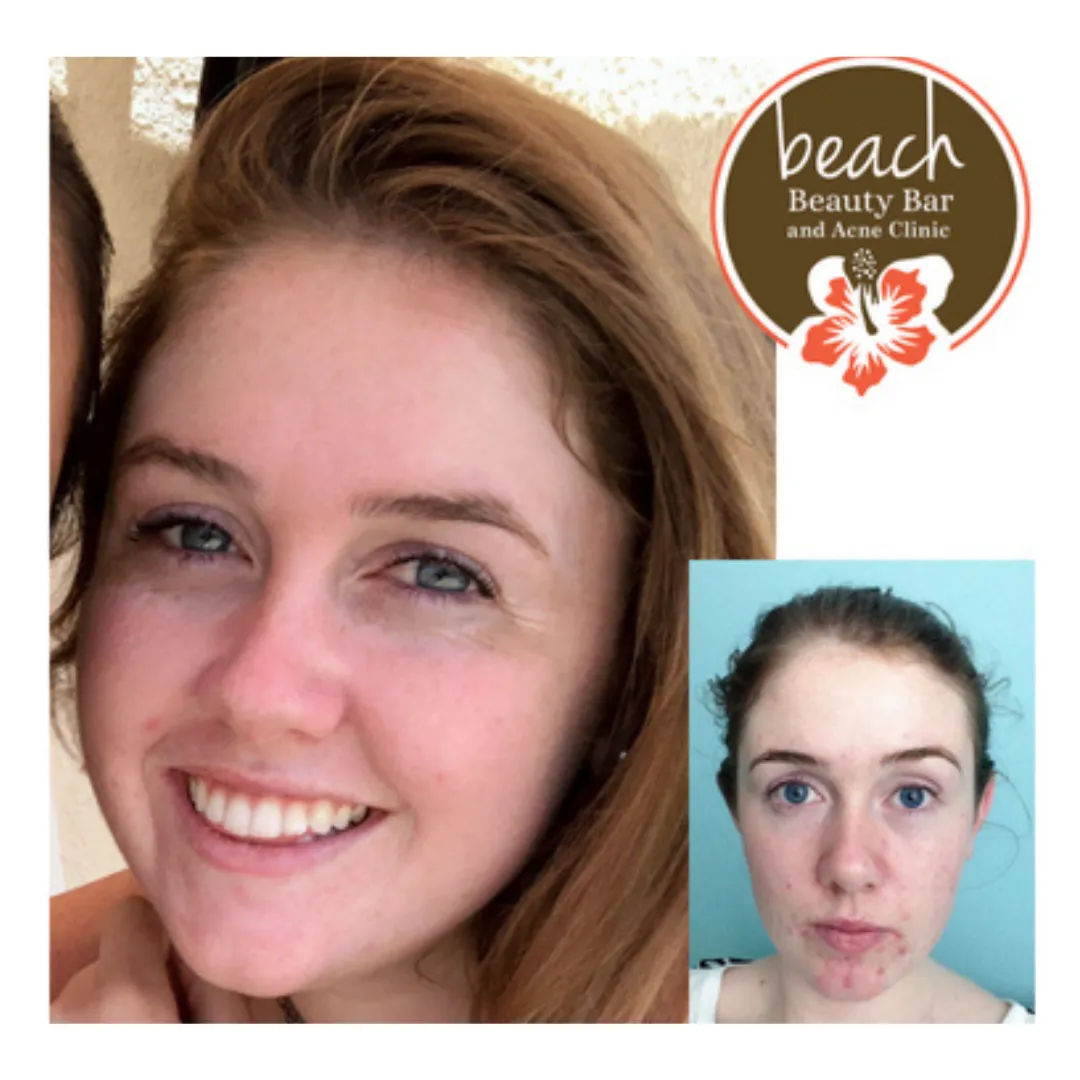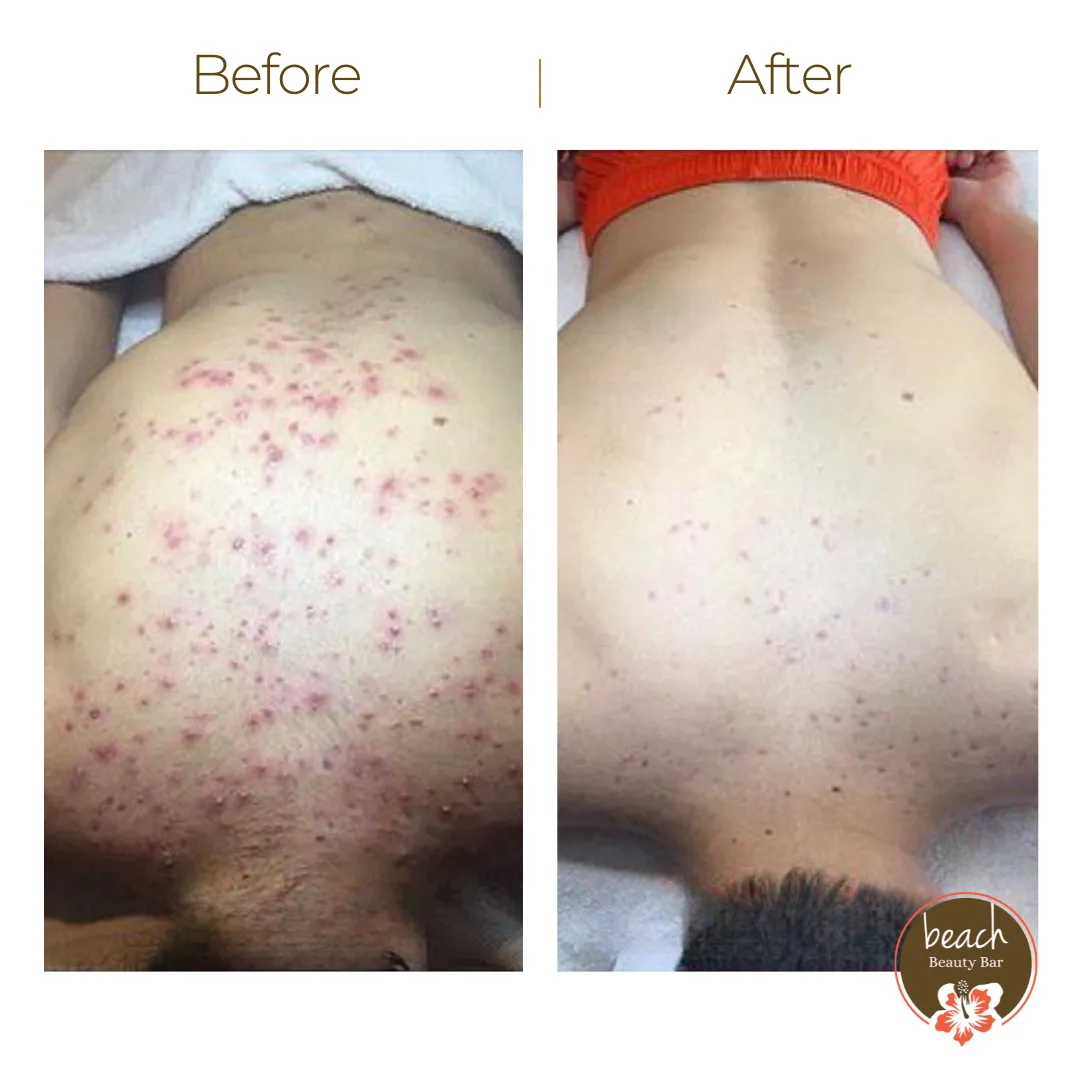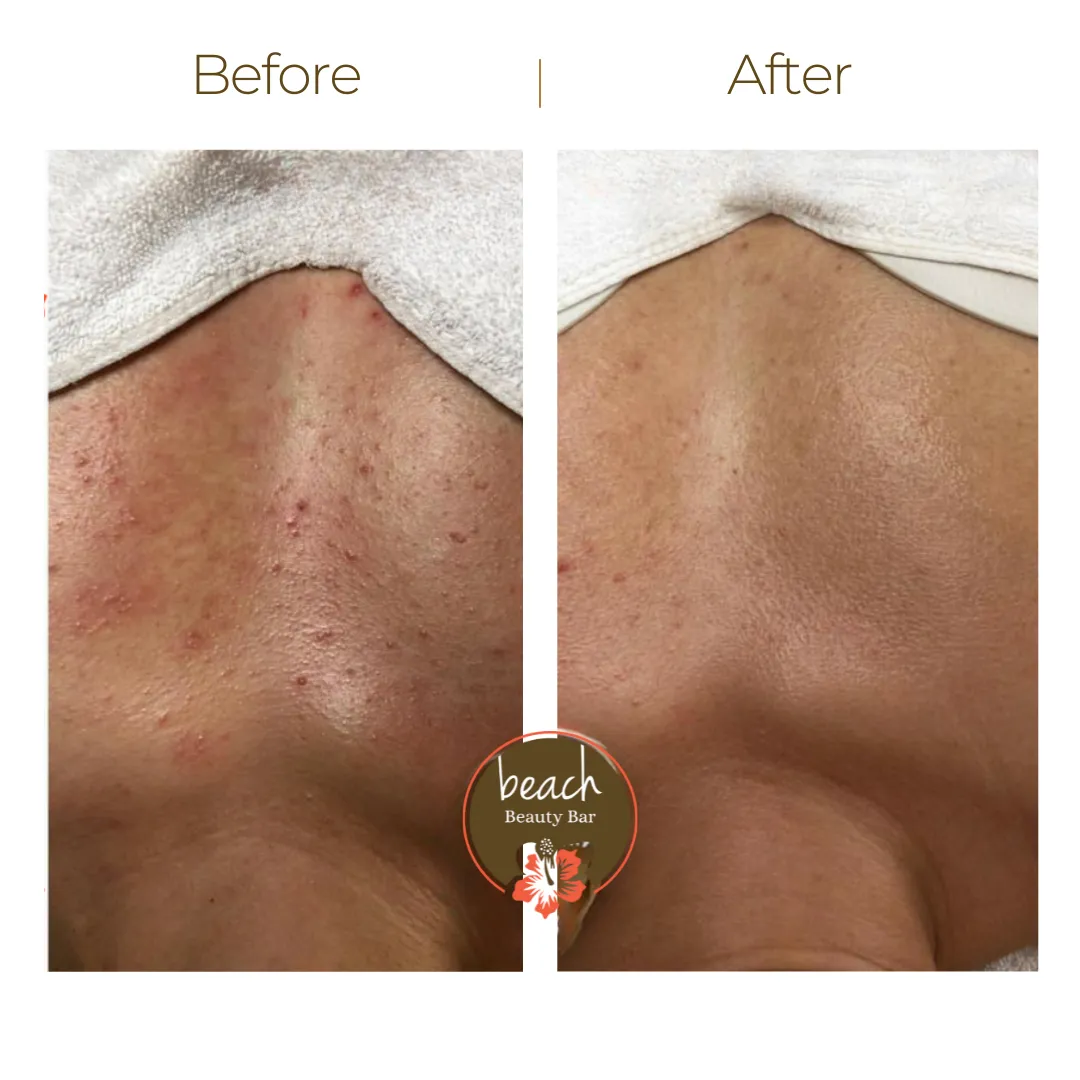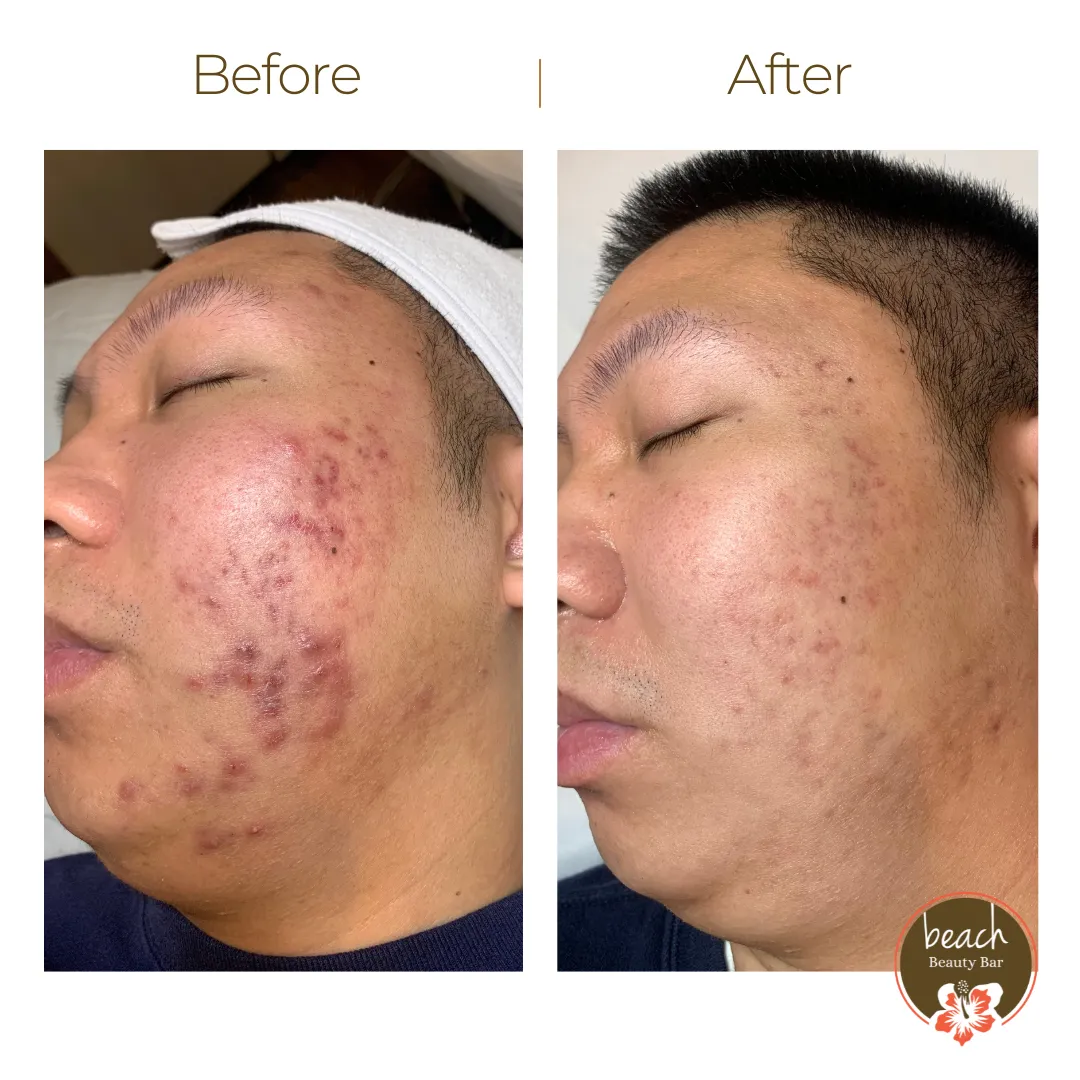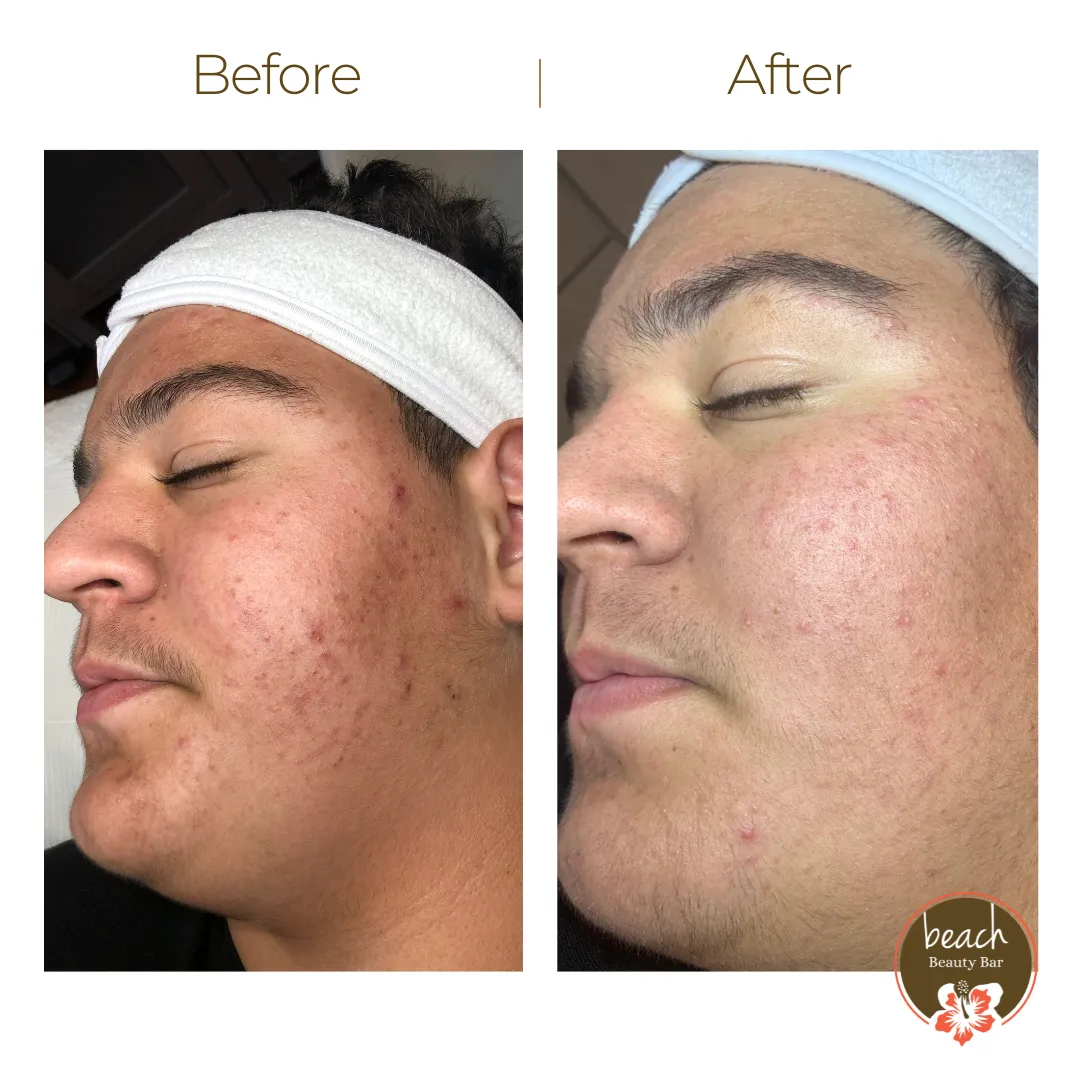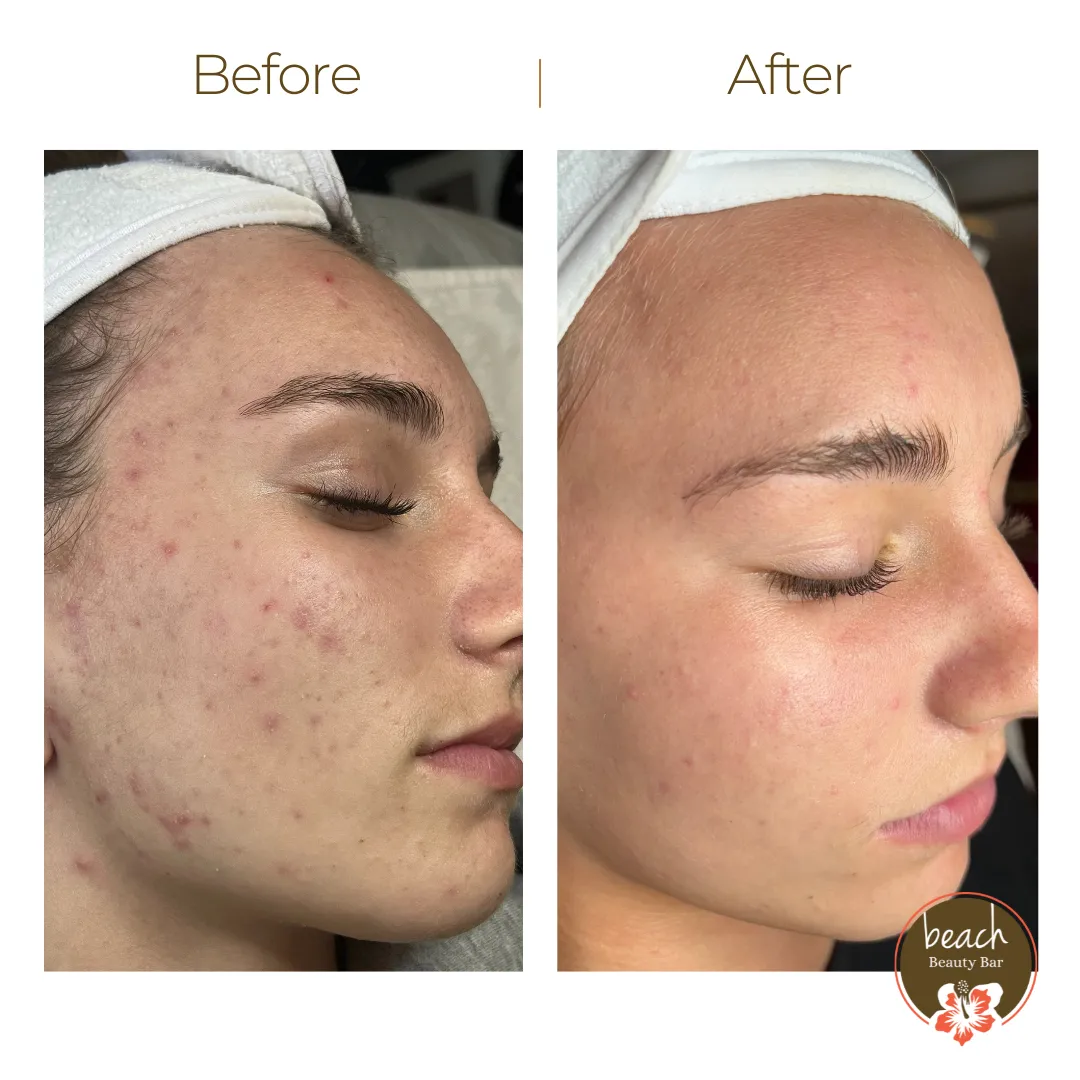Start Your Journey to Clear, Confident Skin Today!
From stubborn breakouts to hormonal acne, we specialize in personalized skincare that delivers real results.
Start Your Journey to Clear, Confident Skin Today!
From stubborn breakouts to looking younger we specialize in personalized skincare that delivers real results.
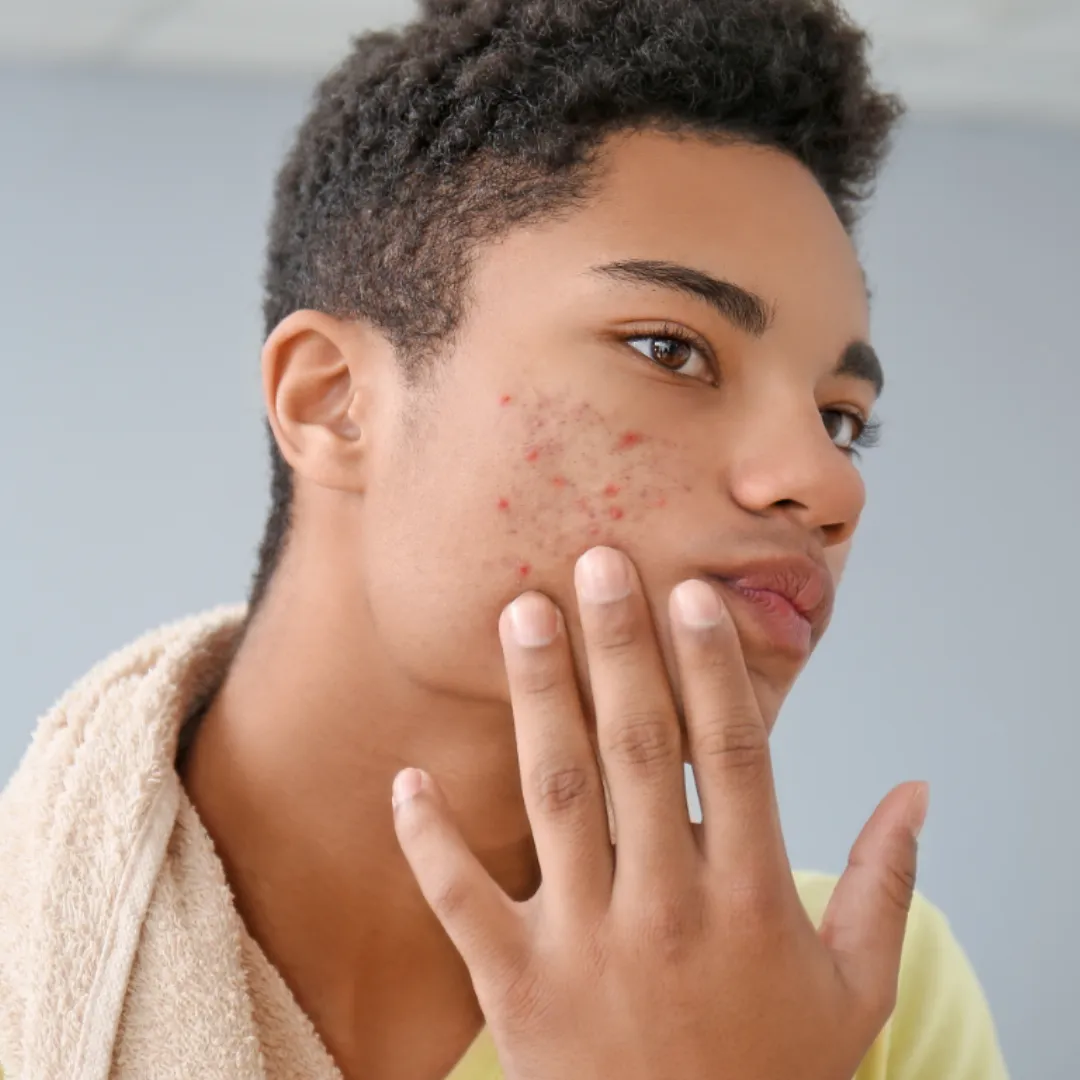
Acne Treatments
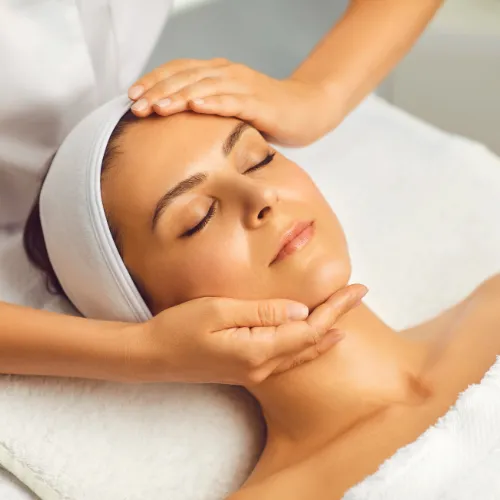
Age Gracefully
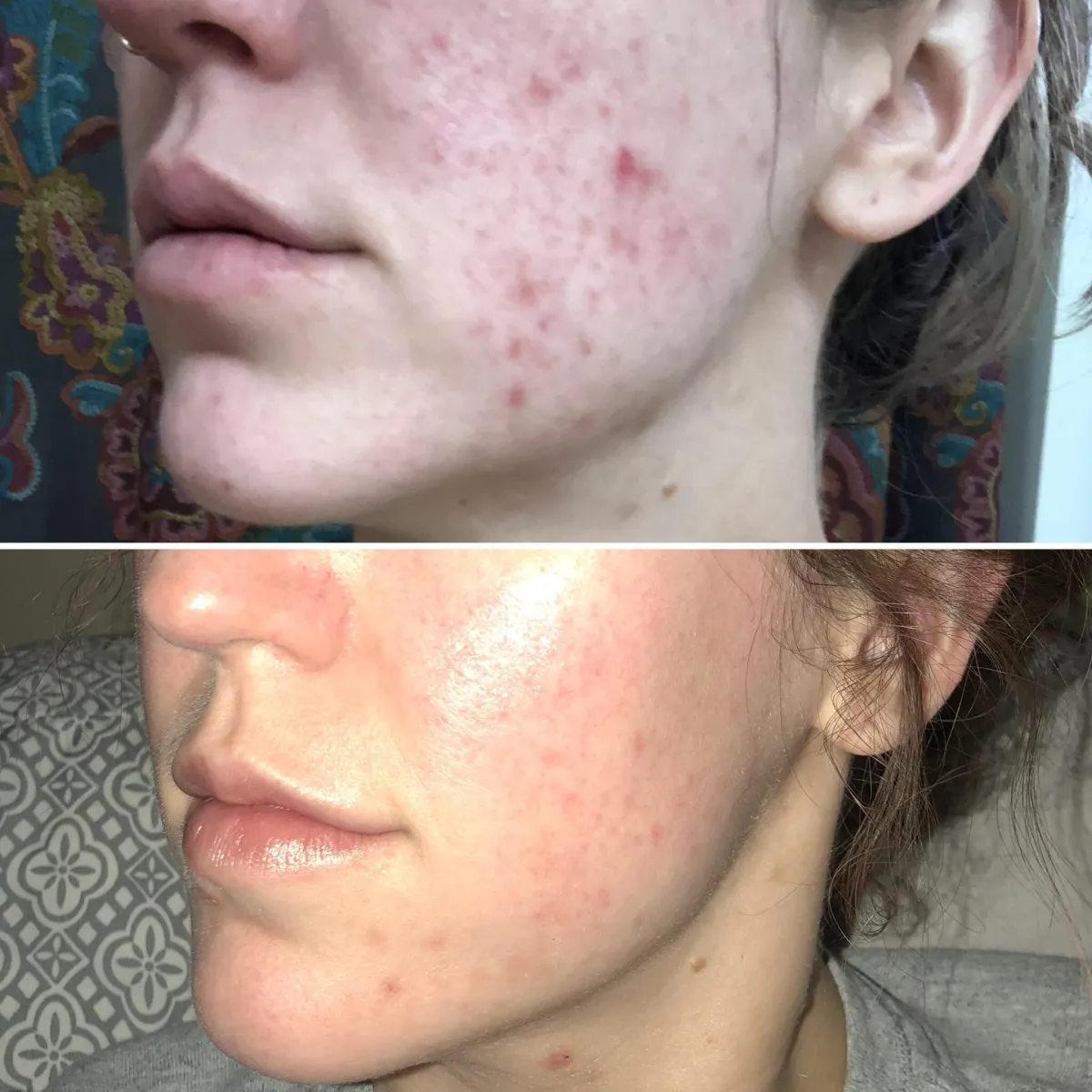
Scar Rejuvenation
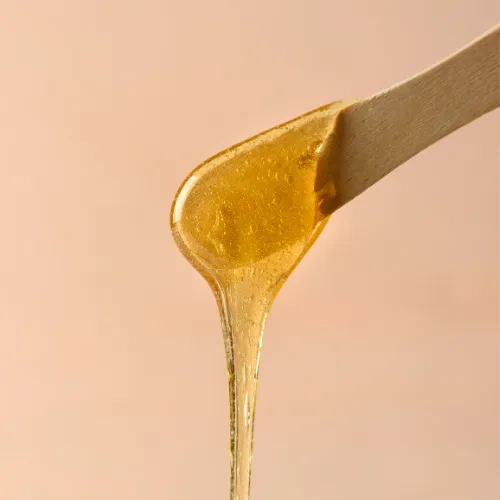
Waxing Services
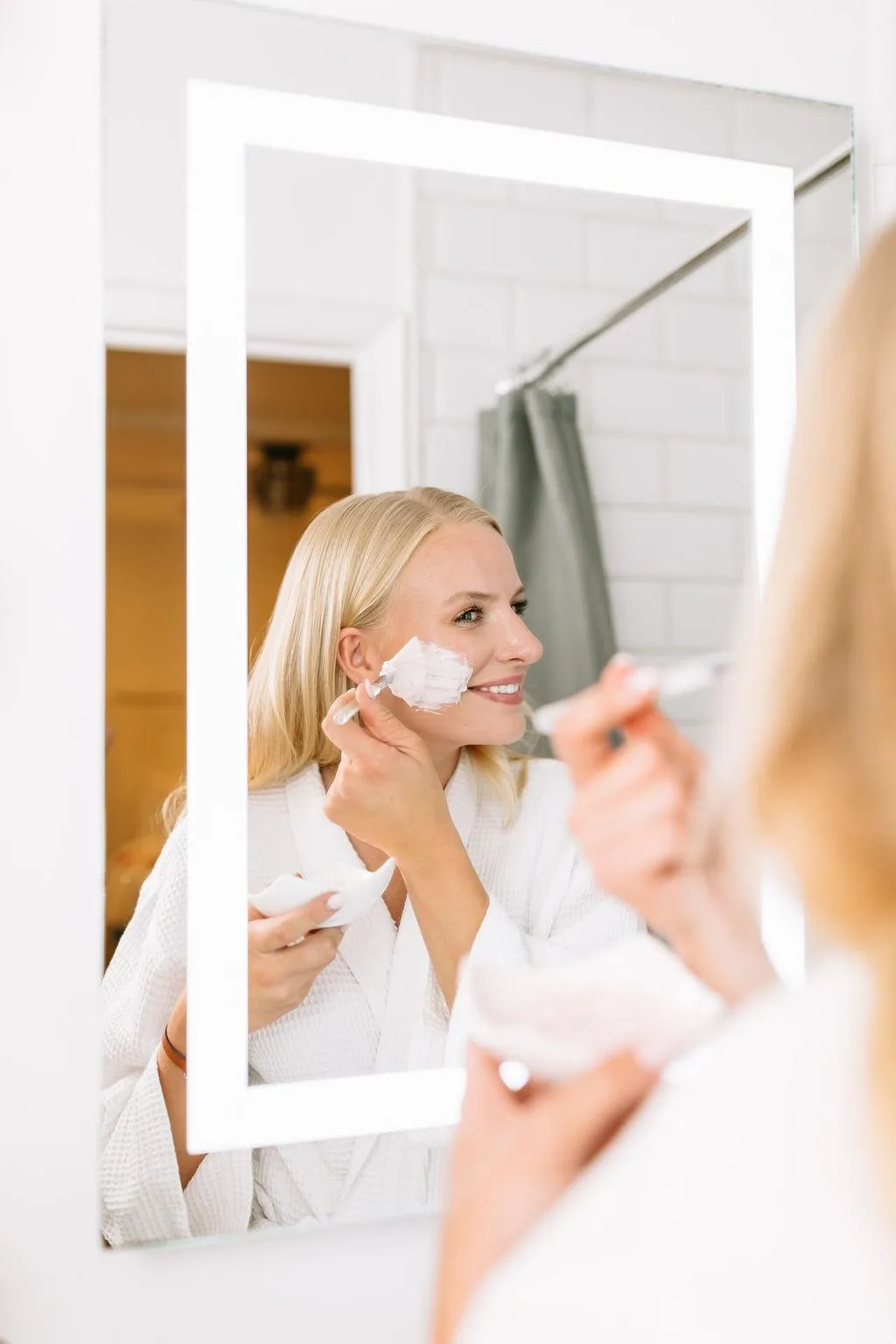
Clear Skin Starts Here
At Beach Beauty Bar, our mission is to help you become your most confident self by achieving clear, healthy skin! If you've tried everything to clear your skin but haven't found success, we want to meet you.
Our acne clients range in age from 12 to 65 , and we specialize in all forms of acne—from teen hormonal breakouts to perimenopausal acne in your 40s and 50s. We also understand and treat the hormonal fluctuations associated with pregnancy and postpartum.
Obsessive about skincare, compassionate about our clients, and merciless over acne, we take no prisoners in the battle against pimples, pustules, and comedones. We help our clients go from broken-out and broken-hearted to clear and confident. It’s our passion, and nothing gives us greater joy than seeing acne-free transformations.
Can’t Visit Us in Person? We Have GOOD NEWS!
You can now book an in-person or VIRTUAL appointment!
Your Clear Skin Journey

ACNE PROGRAM
Live in Southern California? Get clear in our Huntington Beach, CA Clinic.
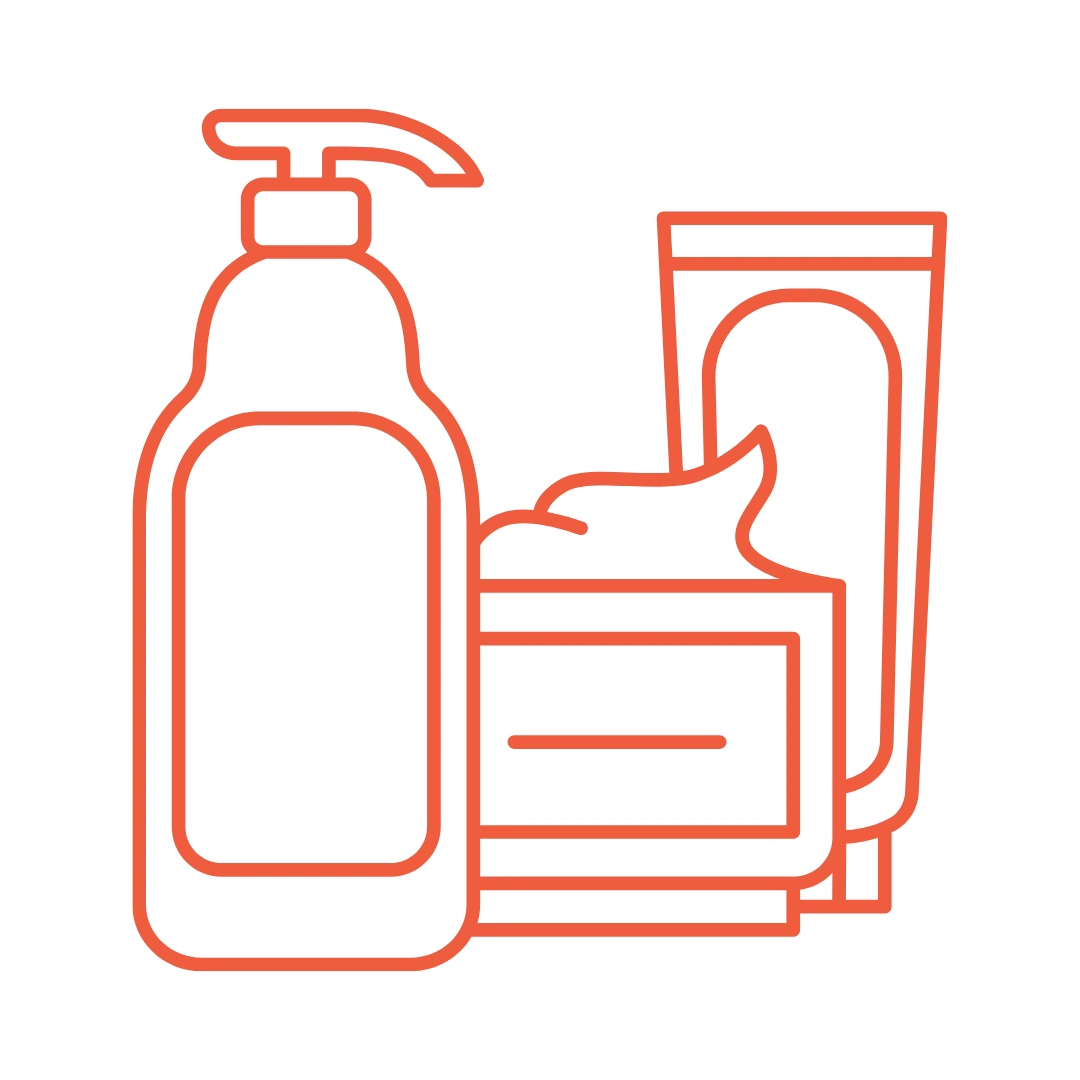
SHOP OUR PRODUCTS
Discover our custom line of acne-busting products.
A Personalized Approach to Acne Care at Our Private Clinic


Acne Success Stories
Clear Skin, Naturally—No Harsh Chemicals, No Toxic Drugs!
At Beach Beauty Bar, we believe in compassionate skincare that clears acne safely and effectively—without the use of harsh chemicals or toxic drugs. Our gentle yet powerful approach is designed to not only heal your skin but also boost your confidence. Because you deserve clear, healthy skin—naturally.
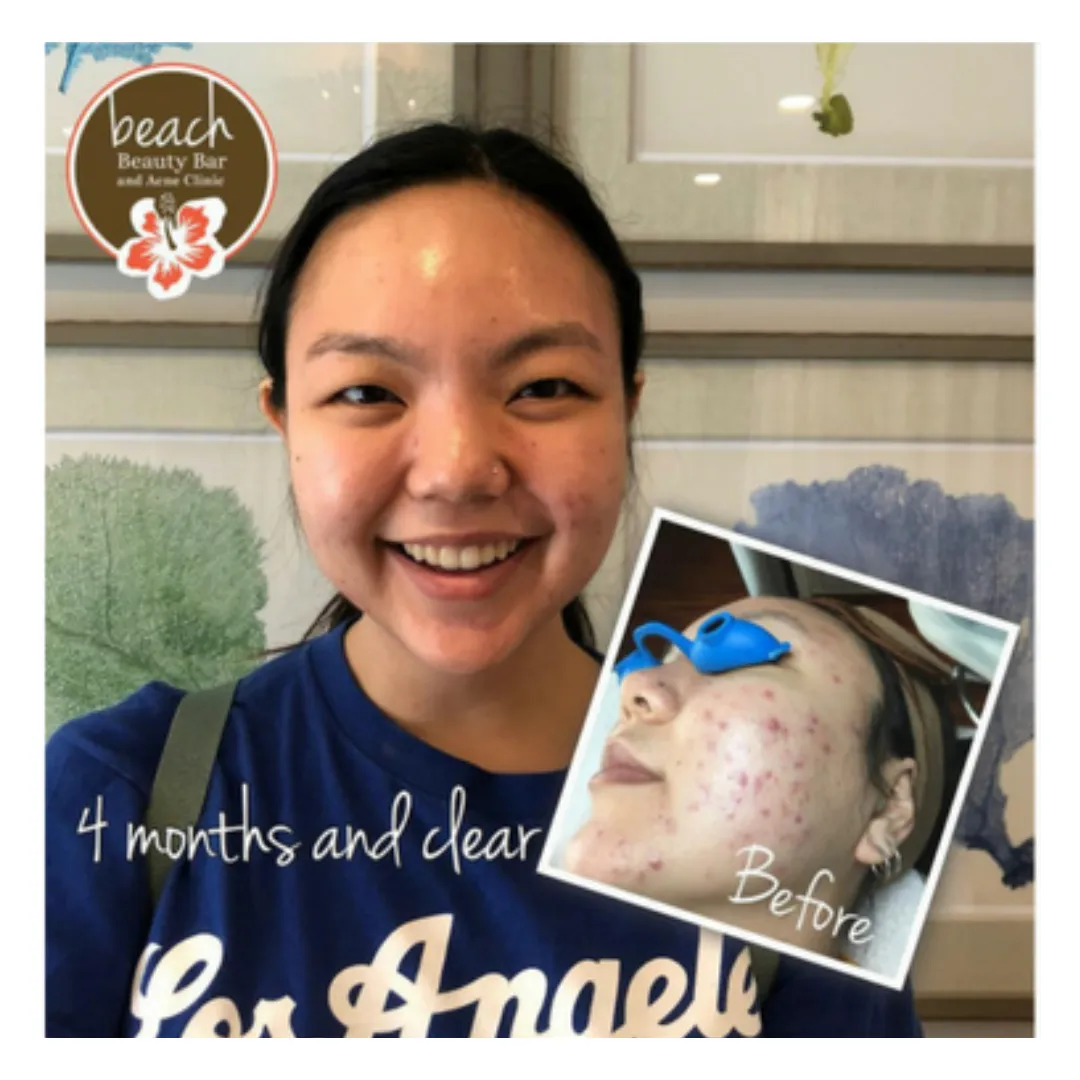
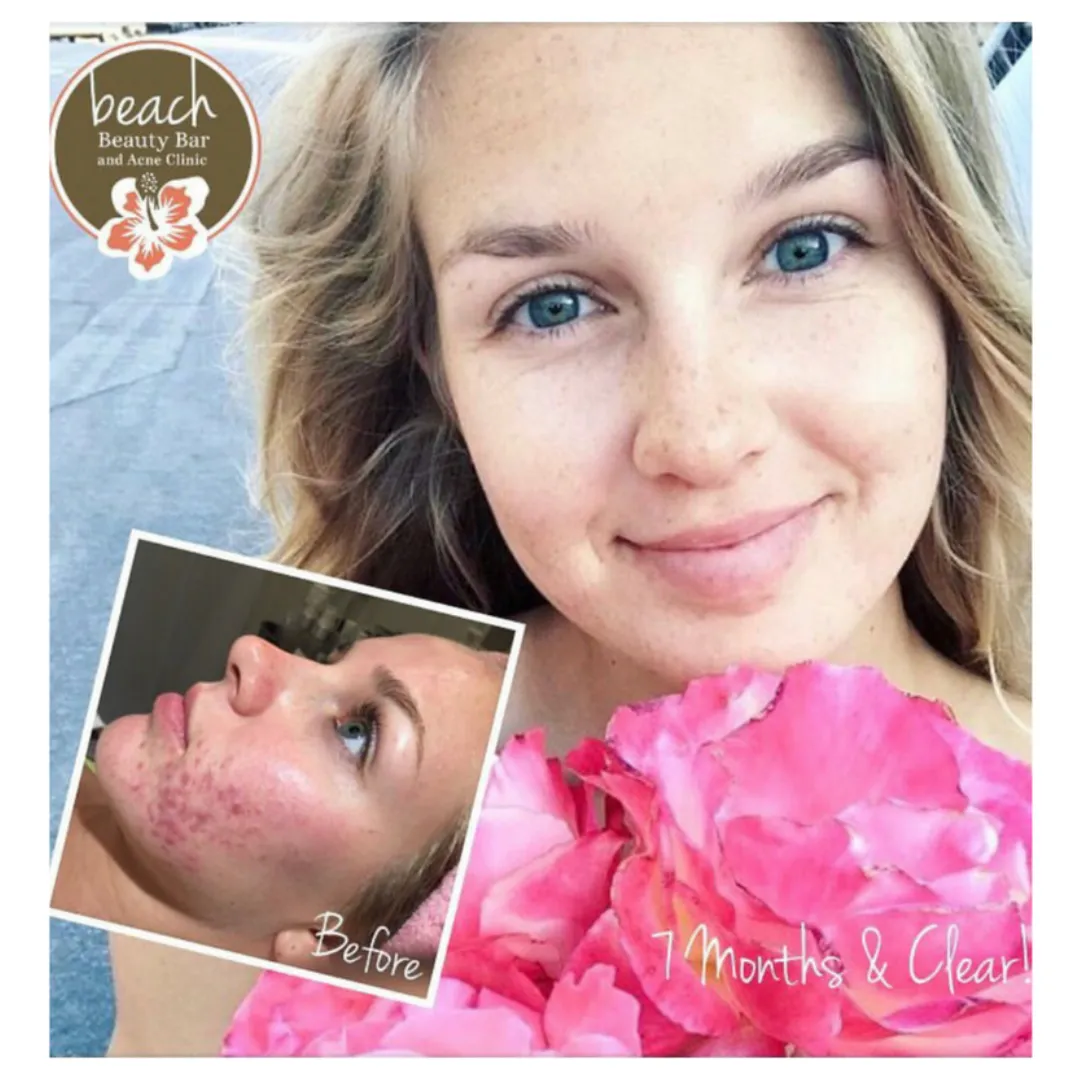
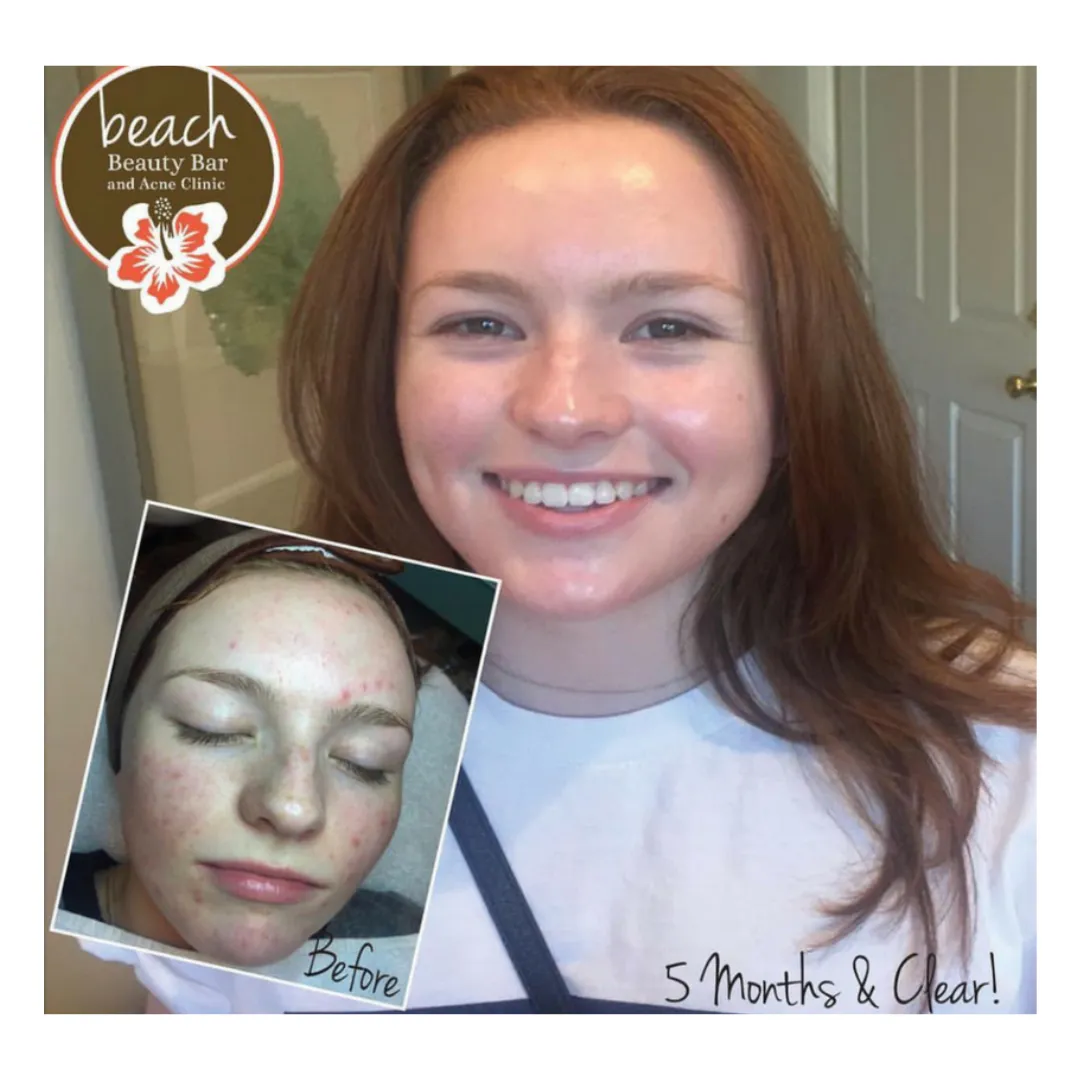
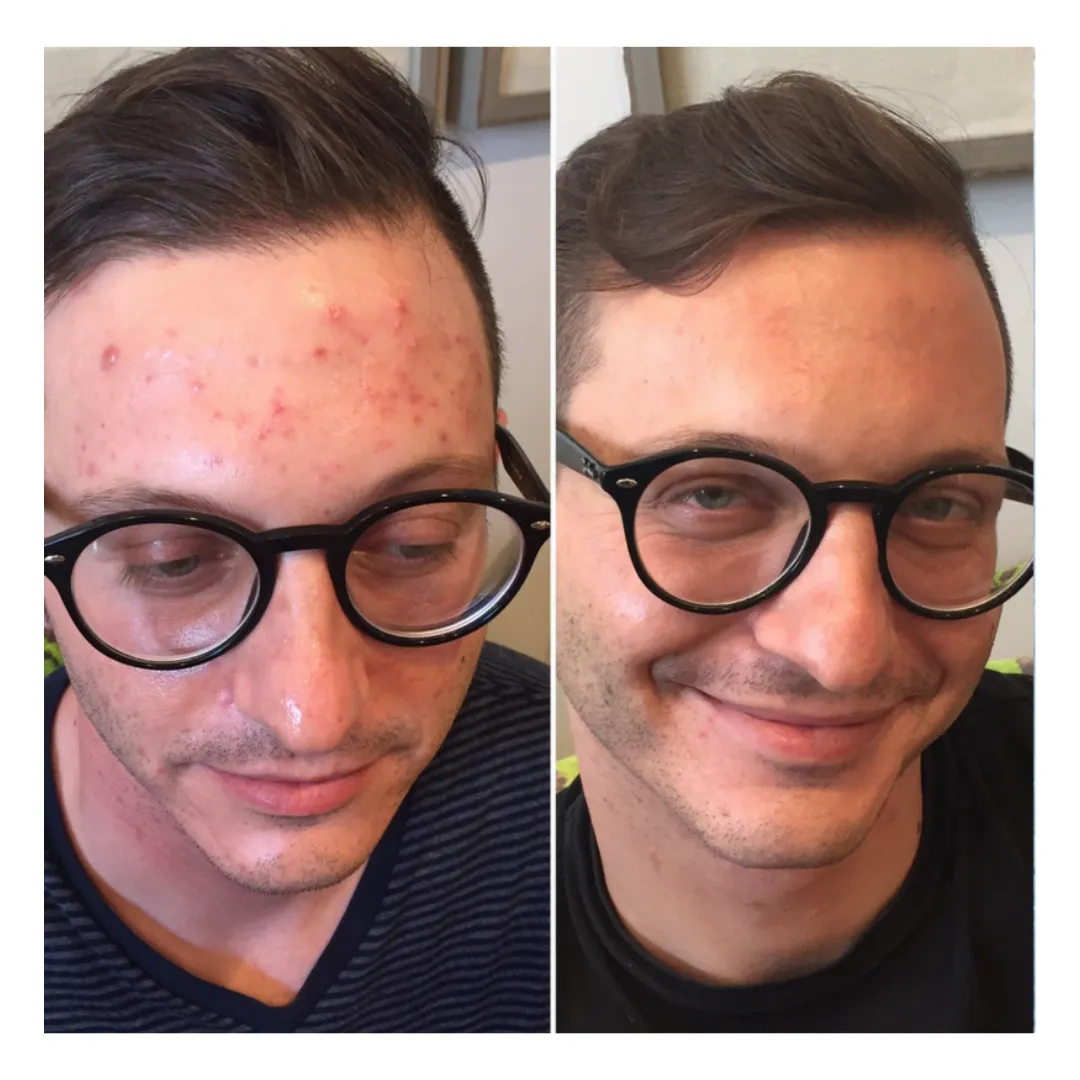
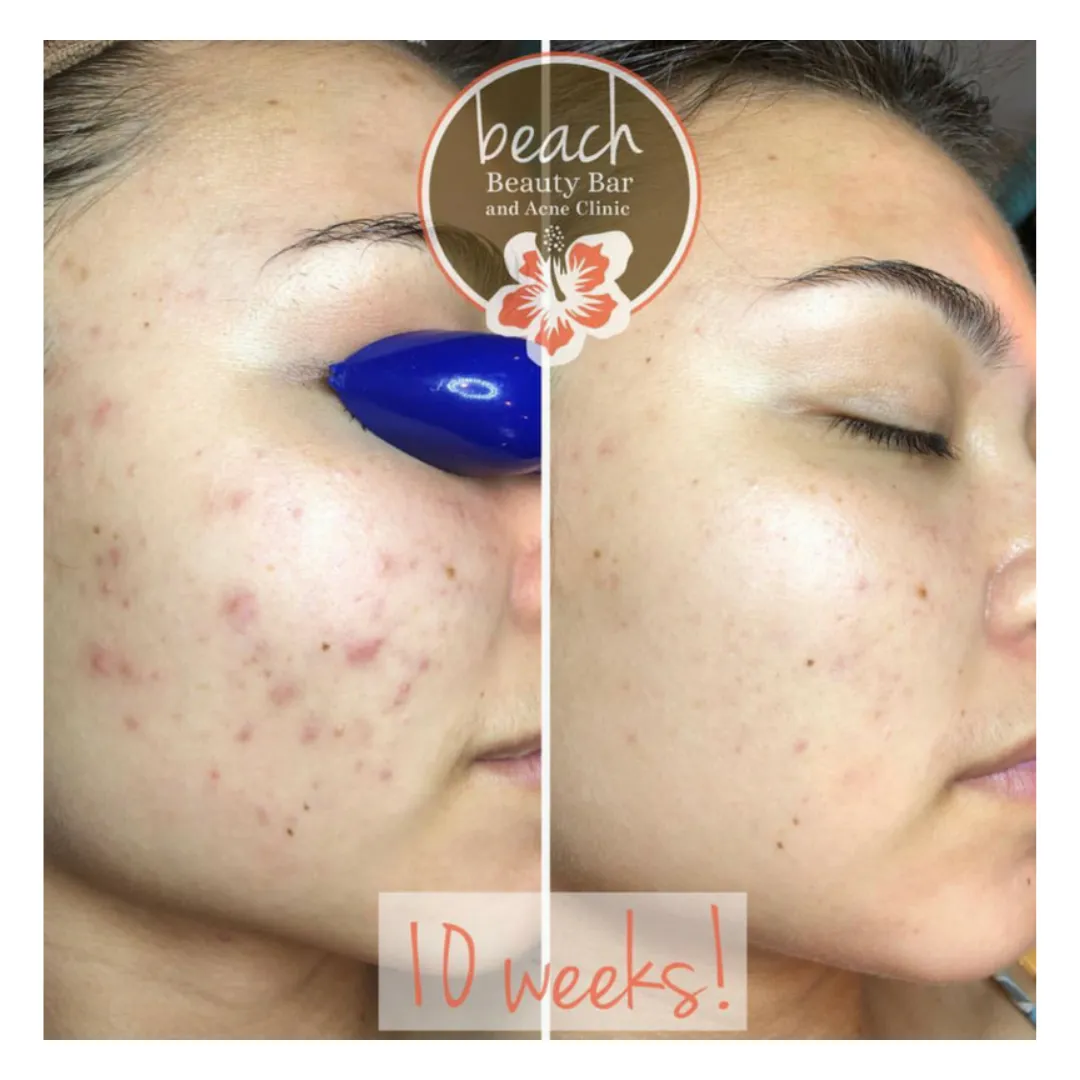
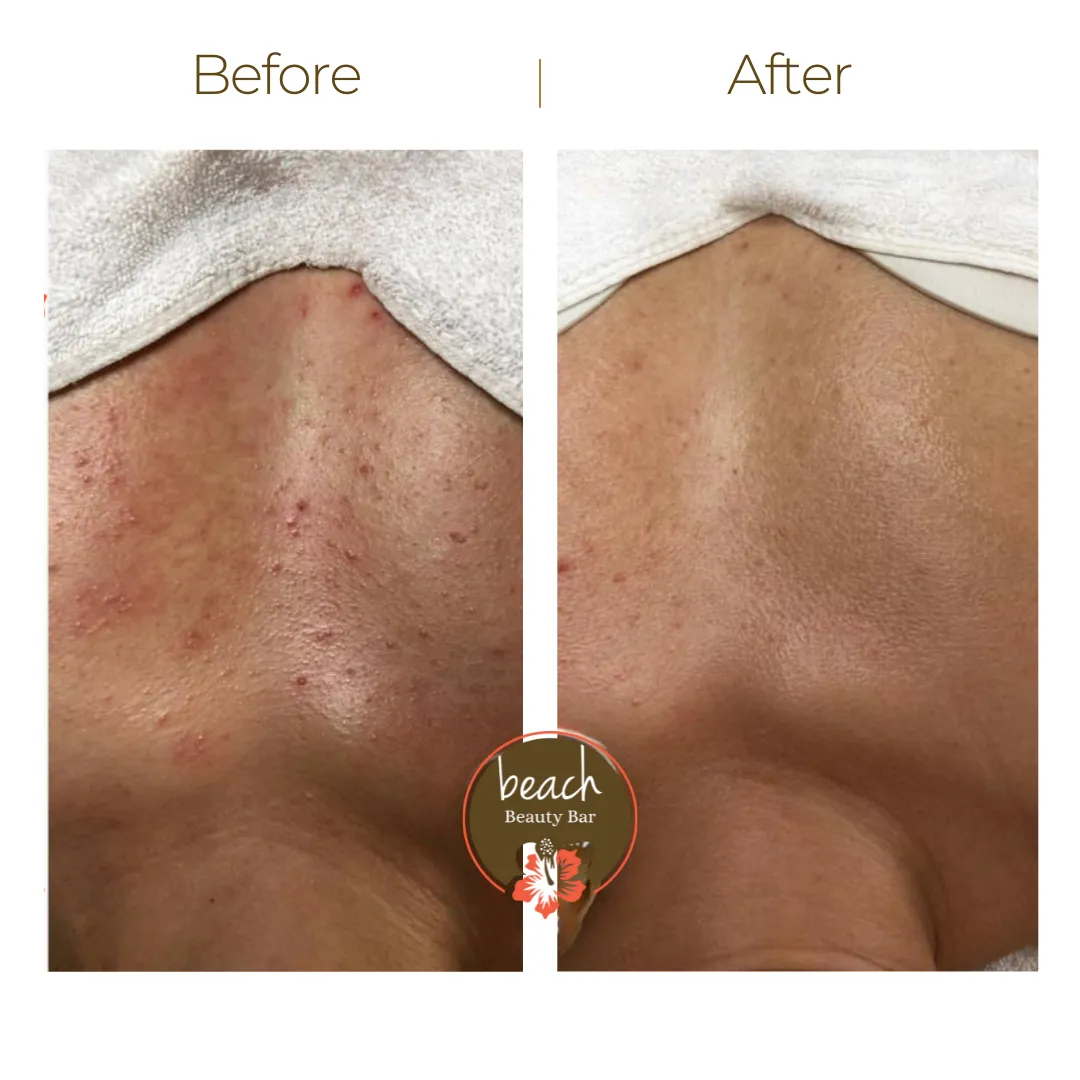
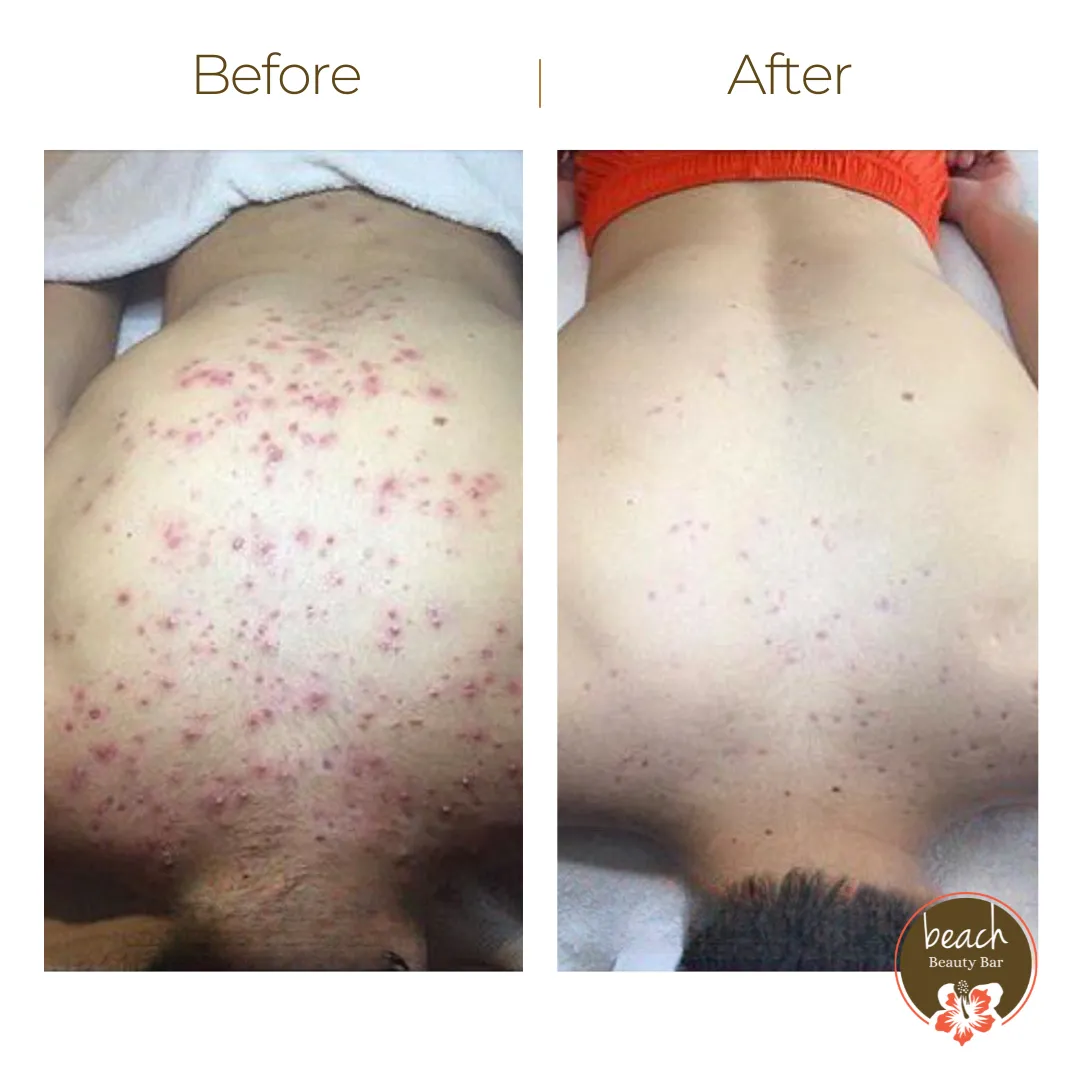
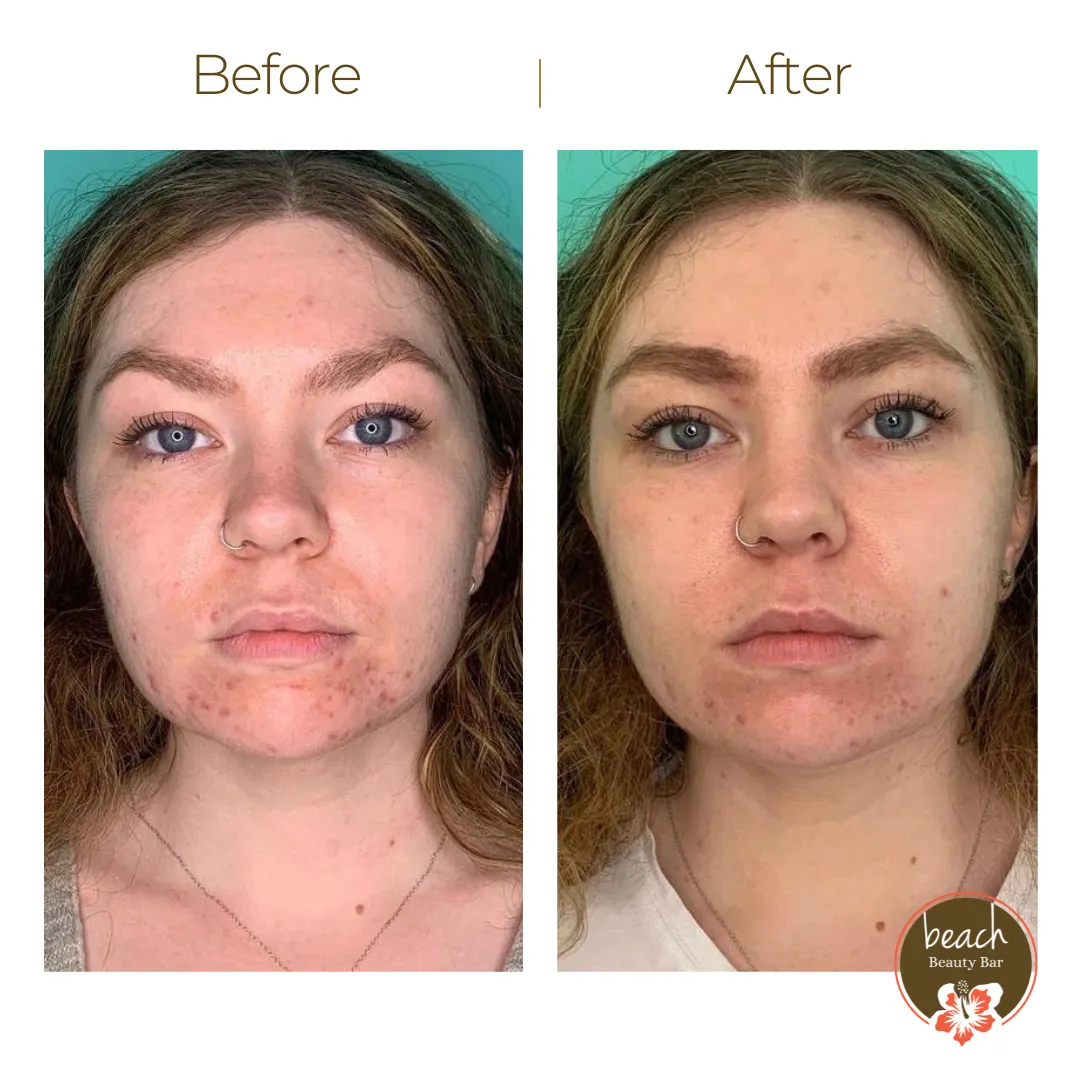
What Everyone is Saying
"I can not say enough good things about Beach Beauty Bar. I was an unfortunate victim to trying a bunch of skin trends I saw on Tik Tok and completely ruining my skin! I'm 32 years old and having adult acne really plummeted my confidence. After only 1 session with the Beach Beauty team and switching to their products I started to see my skin clear up!..."
"Joyce the owner and who also did my dermaplaning was kind and friendly. Never had this process done before and it was a delight. Very peaceful vibe here."
"I just had a Hydrafacial with Joyce. It's an amazing experience and Joyce always does a great job, spoiling her clients with all the pampering she does. I'm soooo glad that she decided to open The Beach Beauty Bar & Acne Clinic so I can get my Hydrafacial that my face needed so badly. Thank you Joyce for your wonderful service and taking extra care of your clients. I really do appreciate you!!!"

Chelsea K.
Petaluma, CA


Sarahbeth M.
Huntington Beach, CA


Mona M.
Seal Beach, CA

Discover Expert Skincare Tips, Acne Solutions, And Beauty Secrets
Get Our FREE Laundry Checklist for Acne
Did you know that many common laundry ingredients can cause acne? With some small changes you can start on the road to clearing up your acne. Enter your name below and we’ll send you a free PDF on what to look for and all the substitutions you’ll need!
